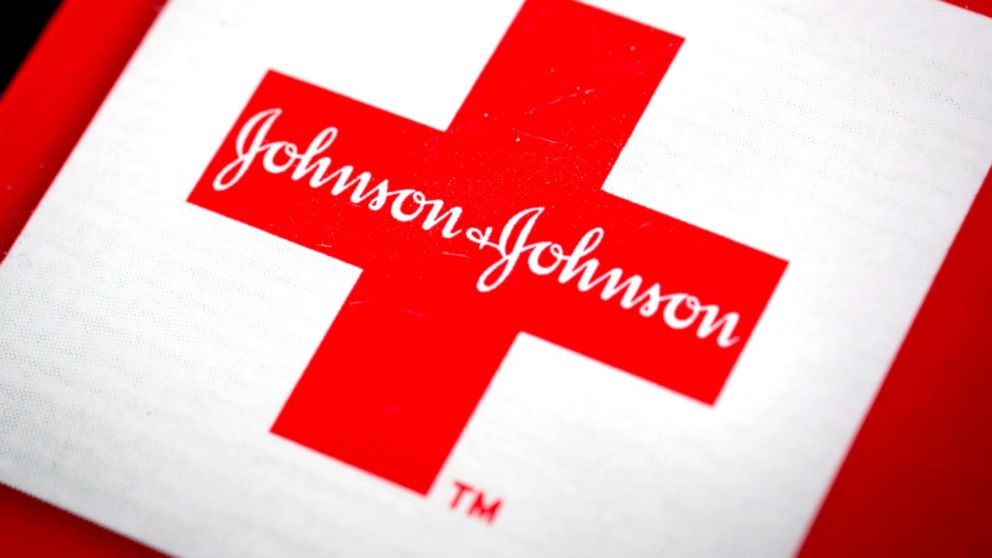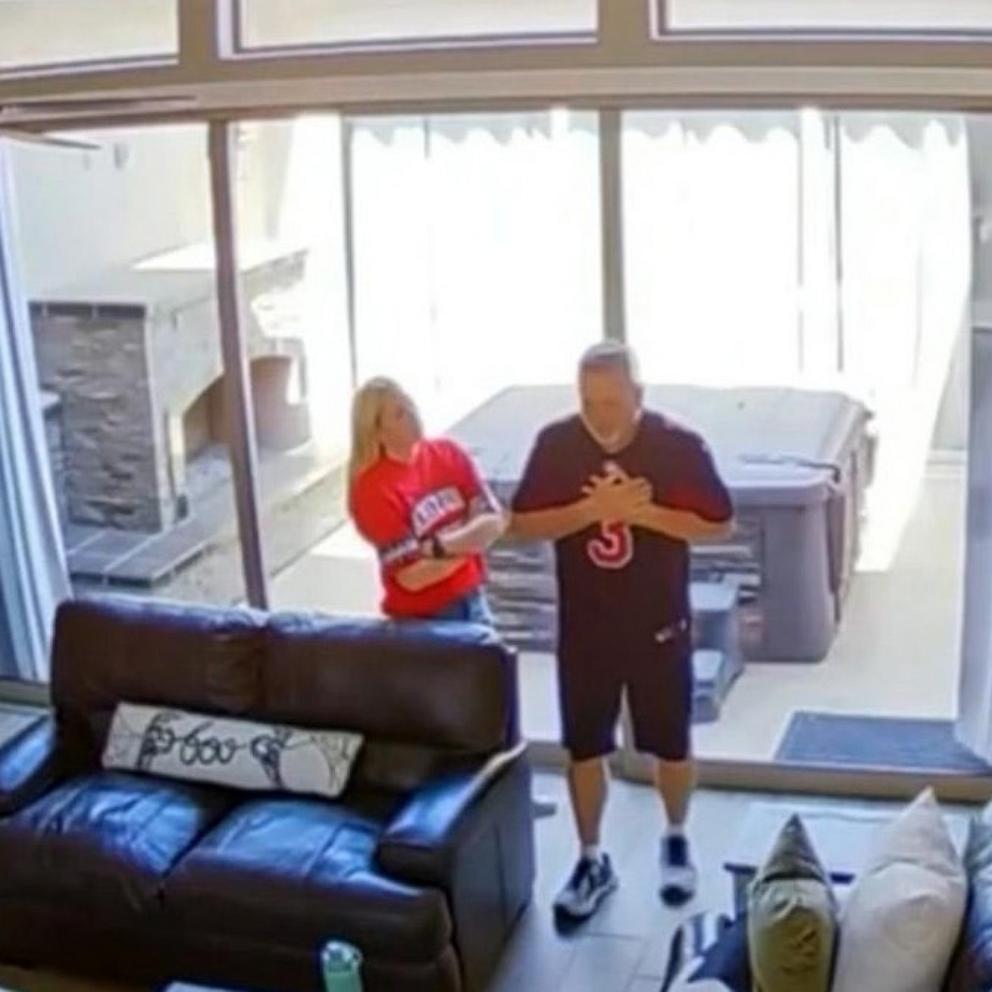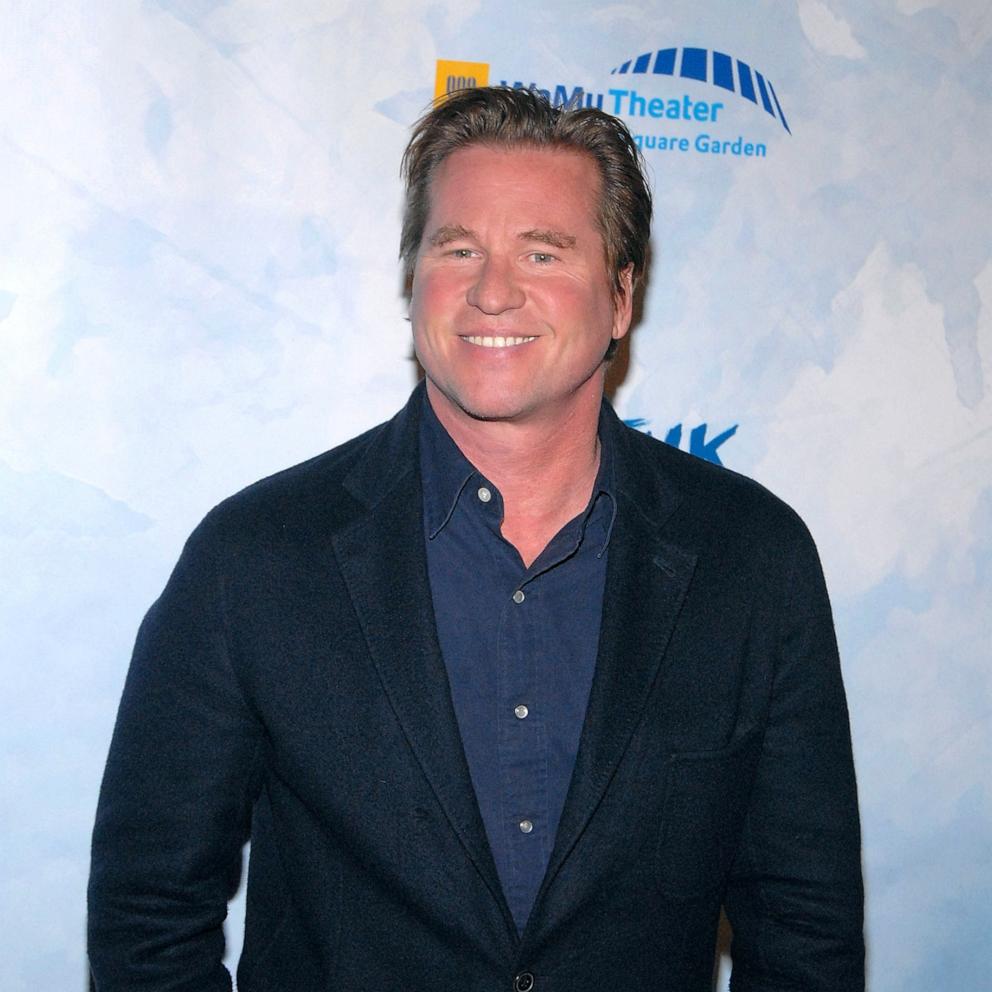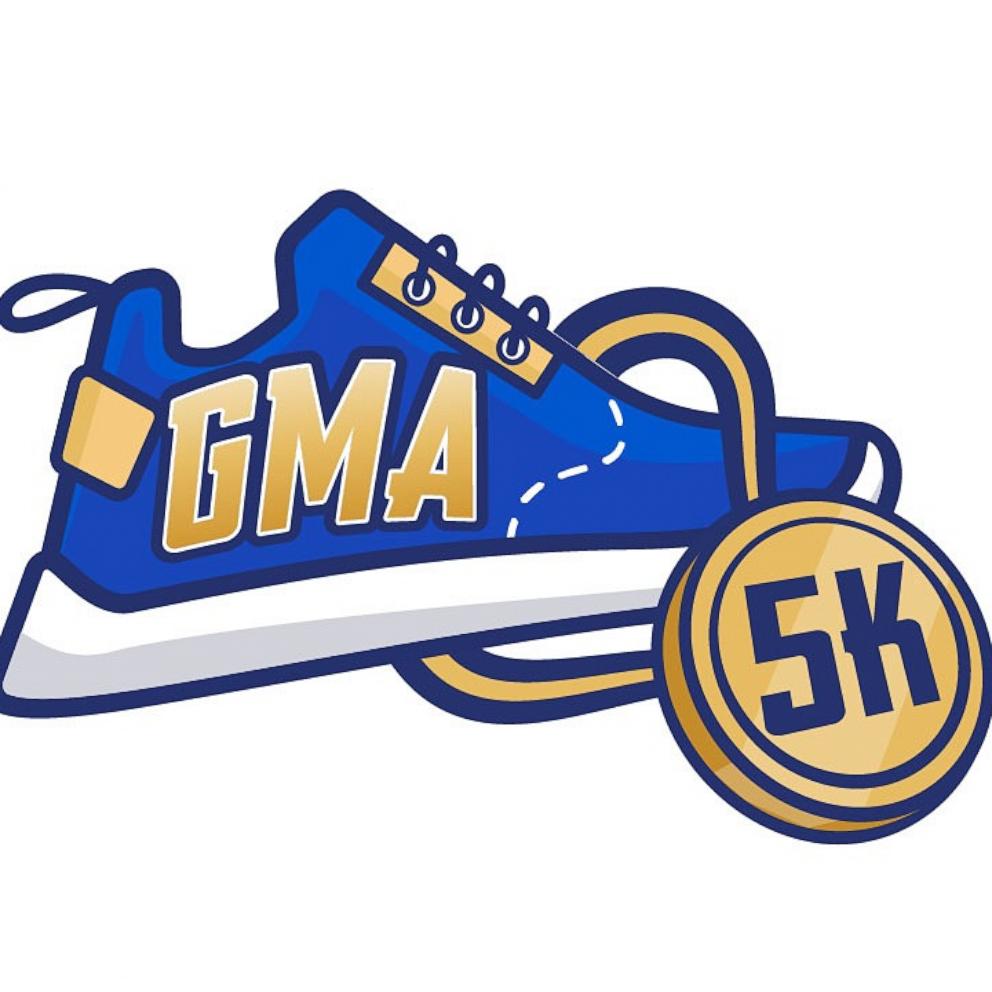Johnson & Johnson sees promising COVID-19 vaccine results after testing on monkeys
The pharmaceutical giant Johnson & Johnson took a step forward with its COVID-19 vaccine candidate Thursday, releasing promising data after testing on monkeys and at the same time announcing the start of clinical testing on humans.
According to results published in the scientific journal Nature, scientists found that the vaccine appeared to protect a group of monkeys that were vaccinated, and then later deliberately exposed to the virus that causes COVID-19. The monkeys that were not vaccinated became sick with the infection.
These promising results in monkeys follow similar findings from another vaccine company, Moderna, which published similarly promising findings in monkeys in the New England Journal of Medicine on Monday.
Unlike many other vaccine efforts, scientists say the recent monkey data shows that the Johnson & Johnson vaccine, called Ad26, could be given as one shot rather than two.
"We showed a single immunization of the Ad26 COVID-19 vaccine induces neutralizing antibody response protection," said Dan H. Barouch, M.D., Ph.D., the director of the Center for Virology and Vaccine Research at Beth Israel Deaconess Medical Center.
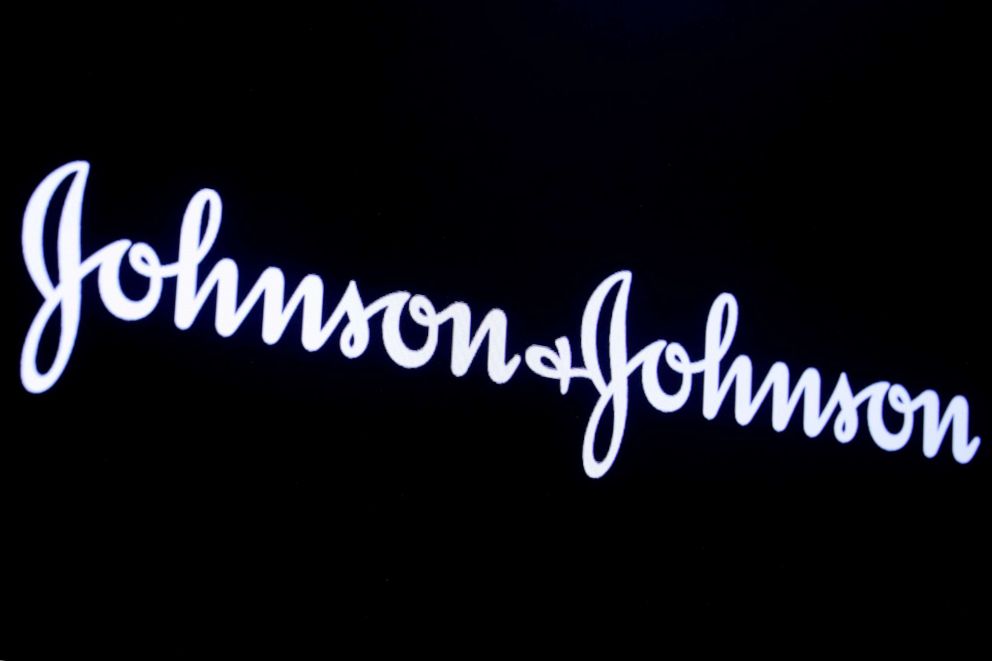
"These data essentially provide the groundwork for the clinical development program," said Barouch, who collaborated with Johnson & Johnson on the recently published research.
Now, Johnson & Johnson is advancing its vaccine candidate into human testing. It announced the launch of a Phase 1/2 trial in the United States and in Belgium this week.
Volunteers in this trial will be monitored for safety, and their blood will be analyzed for clues that the vaccine is likely to trigger an immune system reaction -- the hallmark of a good vaccine.
If everything goes well, the company has announced it will move forward with a much larger Phase 3 trial in September, which will be the true test of whether the vaccine is effective.
Johnson & Johnson is one of a handful of companies that has been awarded funding as part of the U.S. government's Operation Warp Speed, including Moderna, and AstraZeneca, partnered with Oxford.
Although other companies are already enrolling patients in Phase 3 trials, vaccine experts say society will need more than one successful vaccine to ensure everyone has the chance to be immunized against the virus that causes COVID-19.
Meanwhile, Barouch said he's hopeful that the Johnson & Johnson vaccine might be easier to roll out if it is able to be given successfully as a single shot.
"A single shot vaccine would have particle advantages for global deployment," he said. "We think a single shot vaccine has incredible value in terms of pandemic control."
